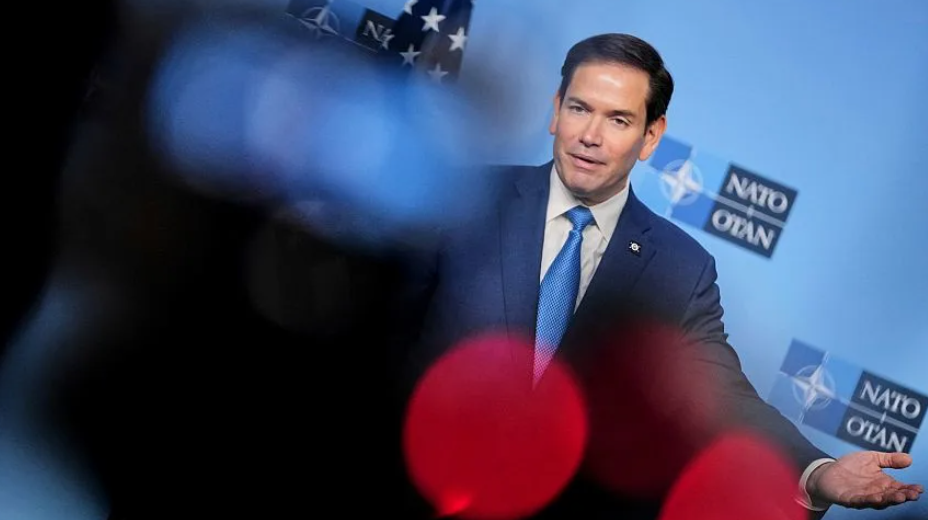US Foreign Minister Marco Rubio: NATO agrees on 5% GDP defence target

ANTALYA – Foreign ministers of NATO member states are discussing a major agreement to increase national defence budgets to 5% of GDP over the next decade. This move is seen as vital in countering threats from Russia, terrorism, and the rising military power of China.
The statement was made by US Secretary of State Marco Rubio in an interview with Fox News on Thursday (15/5).
“At the NATO Summit this June, nearly all members will be above the 2% target, many will exceed 4%, and all have agreed on a goal of reaching 5% within a decade,” Rubio said.
The policy has received support from several major countries, including Germany. German Foreign Minister Johann Wadephul said Berlin backs US President Donald Trump’s proposal to increase defence spending to 5% of GDP. Germany had already reached NATO’s 2% target in 2024.
NATO Secretary-General Mark Rutte stressed the importance of increasing military investment, including equipment and supporting infrastructure such as ports, airports, and digital networks. He warned that Russia could rebuild its military strength within 3–5 years following the war in Ukraine.
“We must do much more in terms of core defence spending,” Rutte asserted during a press conference in Antalya, according to Reuters on Friday (15/5).
However, the effort faces major challenges. Of NATO’s 32 member states, only 22 have met the 2% target. Countries such as Belgium, Canada, Italy, and Spain are still lagging behind. Spain only expects to meet the target this year, a year later than the original deadline.
Beyond budgeting, the meeting also focused on the importance of European military readiness without over-reliance on the US. Lithuania’s Foreign Minister, Kęstutis Budrys, called for an acceleration in meeting spending targets as Russia continues to expand its military.
The UK, meanwhile, has set its own benchmarks: 2.5% by 2027 and 3% by 2029. British Foreign Minister David Lammy emphasised the importance of Europe sharing the defence burden with the US, especially amid global tensions and Washington’s increasing focus on the Indo-Pacific.
Ahead of the NATO Summit in the Netherlands on 24–25 June 2025, these discussions will help shape Europe’s security direction and long-term strategies for confronting Russia, along with diplomatic approaches to Ukraine.
Notably, Russian and Ukrainian delegations are also expected to meet in person in Istanbul – their first direct meeting in three years – although Russian President Vladimir Putin has yet to agree to face-to-face talks with Ukrainian President Volodymyr Zelenskyy.
Rubio is scheduled to meet with Turkish Foreign Minister Hakan Fidan and the Ukrainian delegation, while other members of the US team will engage with Russian counterparts.
In a separate diplomatic effort, Rubio also met with Syrian Foreign Minister Asaad al-Shaibani and expressed support for lifting US sanctions and Syria’s peace overtures toward Israel. (EF/ZH)